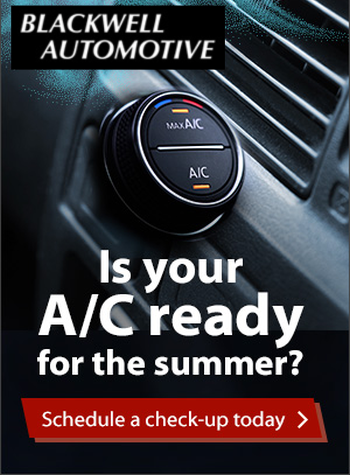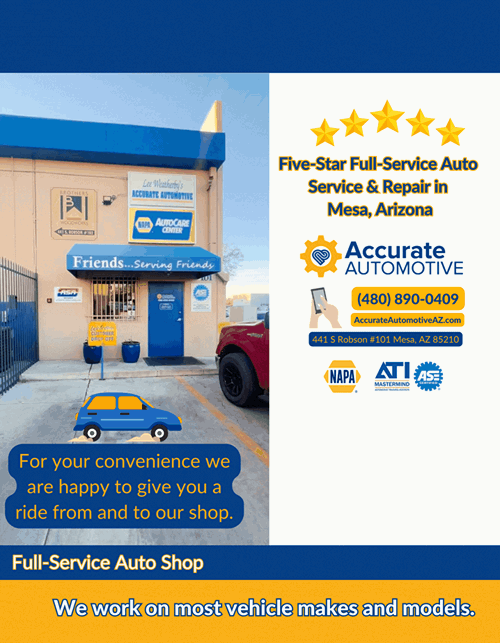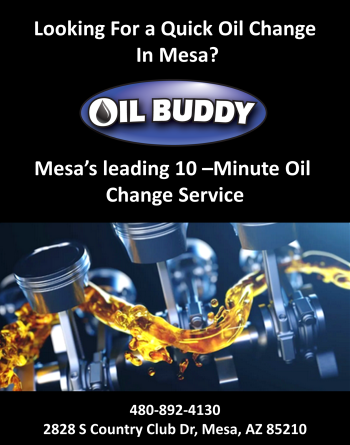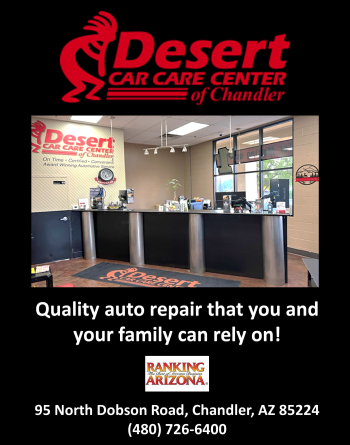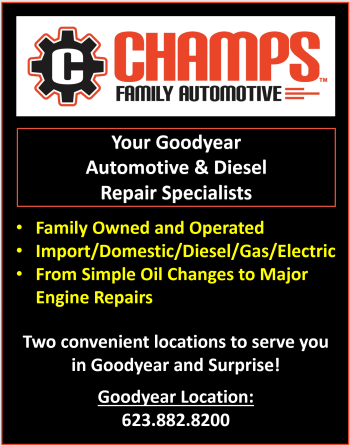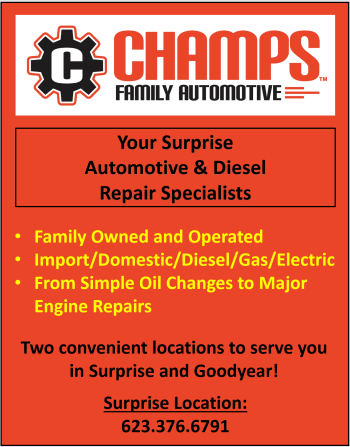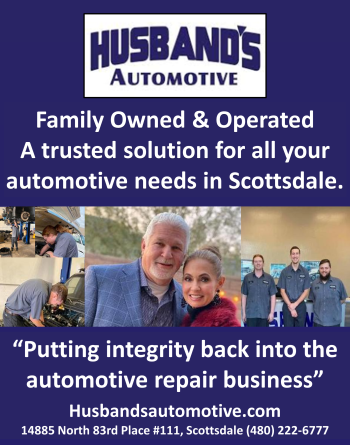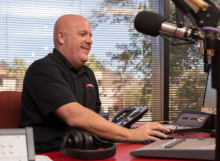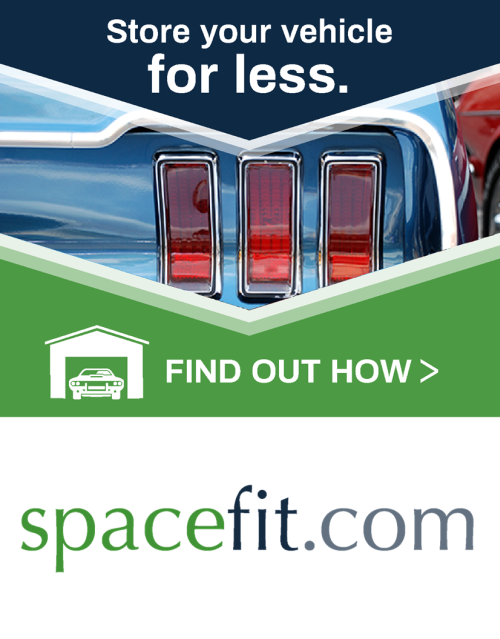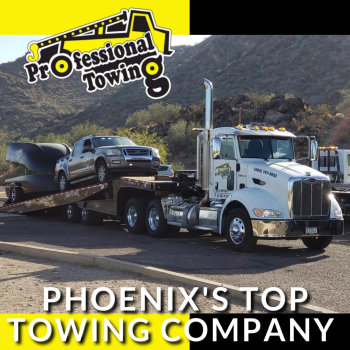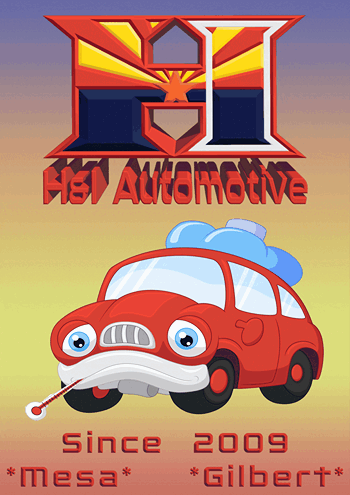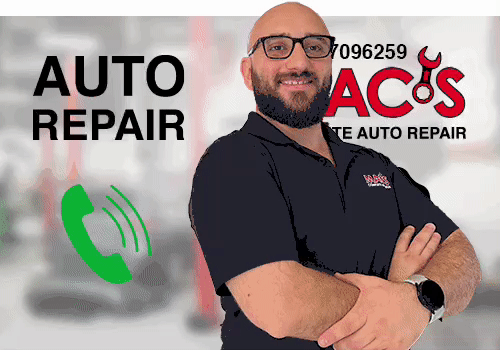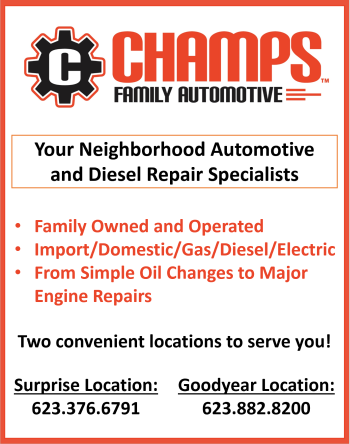Latest News From Bumper to Bumper Radio
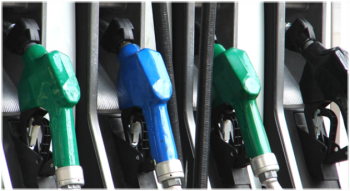
AAA testing shows no benefit to splurging on premium fuel when not required by the manufacturer
ORLANDO, Fla. (September 20, 2016) – According to new AAA research, American drivers wasted more than $2.1 billion dollars in the last year by using premium-grade gasoline in vehicles designed to run on regular fuel. With 16.5 million U.S. drivers having used premium fuel despite the vehicle manufacturer’s recommendation in the last 12 months, AAA conducted a comprehensive fuel evaluation to determine what, if any, benefit the practice offers to consumers. After using industry-standard test protocols designed to evaluate vehicle performance, fuel economy and emissions, AAA found no benefit to using premium gasoline in a vehicle that only requires regular-grade fuel.
“Drivers see the ‘premium’ name at the pump and may assume the fuel is better for their vehicle,” said John Nielsen, AAA’s managing director of Automotive Engineering and Repair. “AAA cautions drivers that premium gasoline is higher octane, not higher quality, and urges drivers to follow the owner’s manual recommendations for their vehicle’s fuel.”
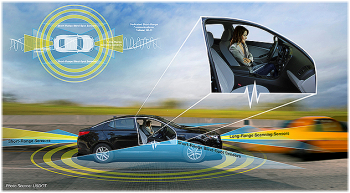
Four-Part Policy Lays the Foundation for the Next Revolution in Roadway Safety
WASHINGTON – The U.S. Department of Transportation is issuing Federal policy for automated vehicles, laying a path for the safe testing and deployment of new auto technologies that have enormous potential for improving safety and mobility for Americans on the road.
“Automated vehicles have the potential to save thousands of lives, driving the single biggest leap in road safety that our country has ever taken,” said U.S. Transportation Secretary Anthony Foxx. “This policy is an unprecedented step by the federal government to harness the benefits of transformative technology by providing a framework for how to do it safely.”
The policy sets a proactive approach to providing safety assurance and facilitating innovation through four key parts. Vehicle performance guidance uses a 15-point Safety Assessment to set clear expectations for manufacturers developing and deploying automated vehicle technologies. Model state policy delineates the Federal and State roles for the regulation of highly automated vehicle technologies as part of an effort to build a consistent national framework of laws to govern self-driving vehicles. Finally, the policy outlines options for the further use of current federal authorities to expedite the safe introduction of highly automated vehicles into the marketplace, as well as discusses new tools and authorities the federal government may need as the technology evolves and is deployed more widely.
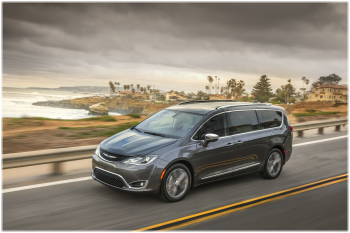
Achieves Highest Possible Ratings for Automatic Emergency Braking and the Five Tests Used by IIHS to Evaluate Crashworthiness
• All-new 2017 Chrysler Pacifica minivan named Top Safety Pick+ for 2016
• 2017 Pacifica's available Automatic Emergency Braking (AEB) system, Forward Collision Warning-Plus, earns "superior" rating from IIHS; features sensor-fusion technology – the industry's first minivan to be so-equipped
• All-new Pacifica achieves "good" rating – the highest possible score – in each of five tests used by IIHS to evaluate crashworthiness
• 2017 Chrysler Pacifica's body structure 72 percent high-strength steel
• All-new Pacifica minivan benefits from more than 100 available safety and security features
2017 Chrysler Pacifica Limited scored highest possible marks in IIHS crash tests.

The national average price of regular unleaded gasoline remained relatively stable over the past week, settling at today’s price of $2.21 per gallon. Drivers are paying the same price per gallon month-over-month, and 8 cents less per gallon year-over-year. Although today’s average remains flat compared to one week ago, pump prices have been pressured higher in some regions due to disruptions on the Colonial Pipeline.
Drivers in a number of states (25) are paying less at the pump week-over-week, although some volatility remains in the Southeastern and Mid-Atlantic regions where gasoline prices continued to see upward momentum as a result of the Colonial Pipeline disruption. Line 1 operations were restored on Wednesday of last week after more than a week of downtime following the discovery of a leak. While delivery of fuel resumed, it may take a week before affected states see any relief at the pumps.
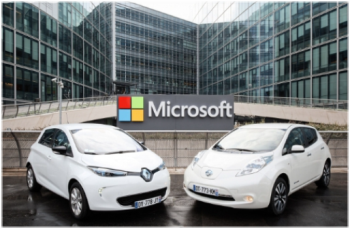
Companies sign global, multiyear contract to work on next-generation connected car technologies and driving experiences
The Renault-Nissan Alliance and Microsoft Corp. have signed a global, multiyear agreement to partner on next-generation technologies to advance connected driving experiences worldwide.
The companies will work together to develop next-generation connected services for cars powered by Microsoft Azure, one of the company's intelligent cloud offerings. These new services will improve customer experience via advanced navigation, predictive maintenance and vehicle centric services, remote monitoring of car features, external mobile experiences and over-the-air updates.




